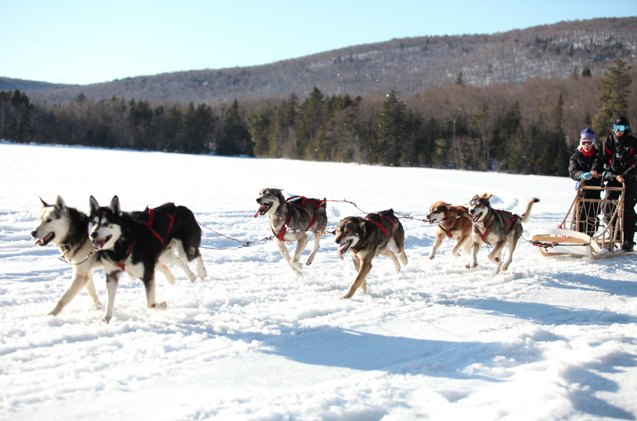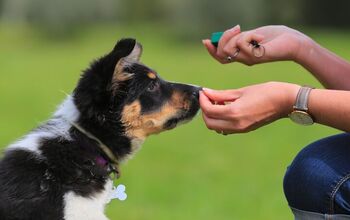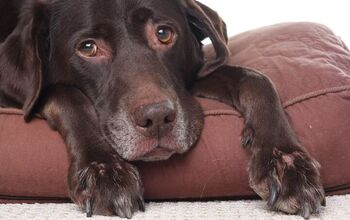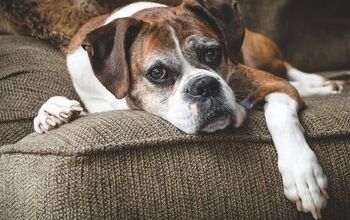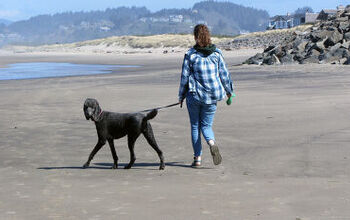Kids With Cancer Team Up With Sled Dogs To Take On The Great White Nor

Most of us don’t picture kids with cancer participating in sports. Racing dog sleds across snowy Canada is an even bigger stretch. But, that’s just what 11 kids and teens fighting cancer did.
The kids, plus five chaperones that included doctors and nurses, were part of a pilot evaluation that considered the physical and psychological effects of the trek. The official aim of the study: “To evaluate the feasibility and to measure the effects of a six-week-long adapted physical activity programme (APAP), including five days of intense dog sledding, on the physical and psychological health of children and adolescents treated for cancer.”
Related: Dogs Get A Kick Out Of Kicksledding
Long hospital stays with the difficulties of chemo treatments and a decline in physical activity have been shown to be detrimental to young patients stuck in the hospital. This study wanted to see if a big adventure could help. The kids chosen were evaluated for physical fitness beforehand and underwent training prior to heading out on the sleds. Amazingly, seven of the kids were still undergoing treatment during the big adventure.
The six-week program included two weeks before the trek of testing and physical preparation. The adventure itself was 10 days long with five of those dedicated to the dog sledding expedition and novel experiences like ice fishing. Part of the dog sledding trek included learning how to take care of the working dogs.
Related: Facebook Doggie Photos Go Viral For Teen With Cancer
How did the kids fare?
All of them completed the program, and improvements in the measured physical and psychological areas were observed—important things like self-esteem and perceived physical strength, in addition to actual improvements in strength (like the ability to do more sit-ups afterwards).
This pilot study, published July 2015, was completed in 2013. A larger, random study started in 2014. The results and the success of the kids broke the stereotype of the frail, bed-ridden patient, and it gives hope for fun for the 160,000 kids diagnosed with cancer each year.
[Source: Science Daily]

More by Maggie Marton



